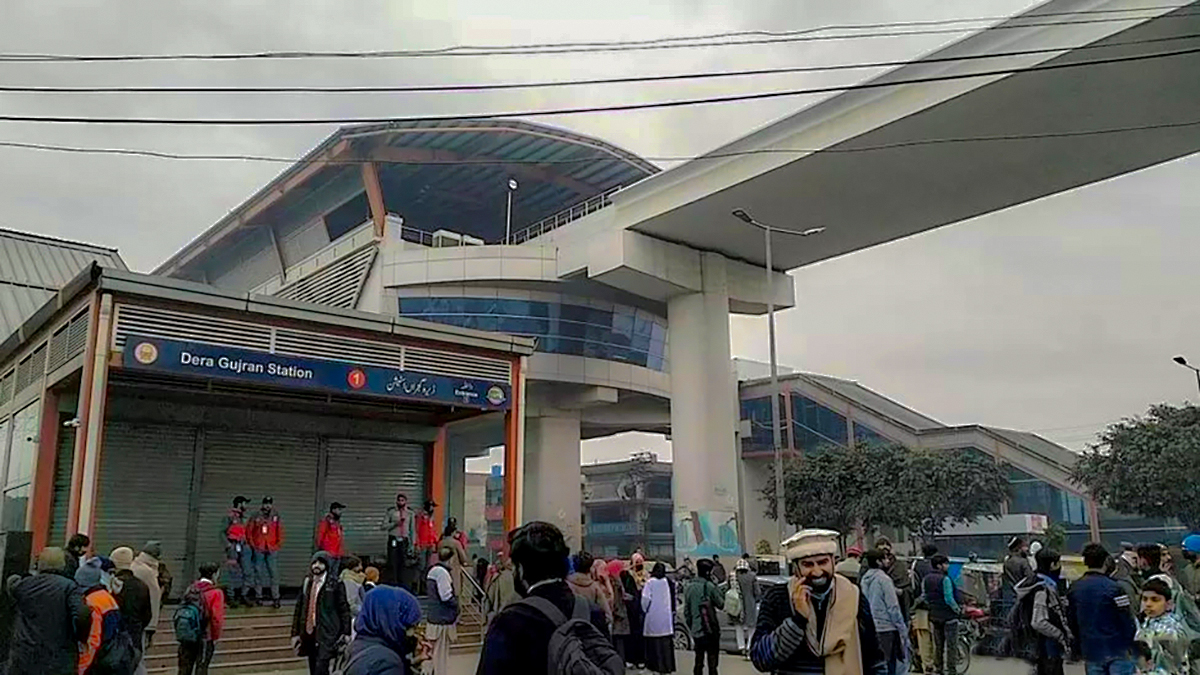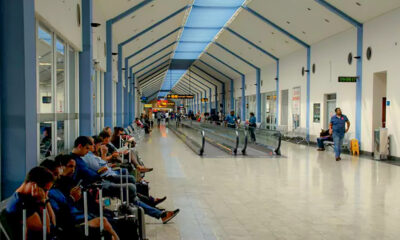Pakistan suffered a huge power cut early on Monday following a breakdown in its national electricity grid, the energy ministry said.
Power was out in all the country’s major cities, including the biggest city Karachi, the capital Islamabad as well as Lahore and Peshawar.
Power minister Khurrum Dastagir said the grid failure followed a “frequency variation” in southern Pakistan.
He insisted this was “not a major crisis” and power would be back soon.
In a statement. the energy ministry said that at about 07:30 local time (02:30 GMT) the grid “experienced a loss of frequency that caused a major breakdown”, adding that “swift work” was taking place to revive the system.
Some grids in the country had already been restored and power would be fully restored in 12 hours, Mr Dastagir told Geo TV.
“In winter, the demand for electricity reduces nationwide, hence, as an economic measure, we temporarily close down our power generation systems at night,” he said.
When they were turned on in the morning, “frequency variation and voltage fluctuation” were observed in southern Pakistan “somewhere between Dadu and Jamshoro” and subsequently “power generating units shut down one by one”, he told the TV channel.
It means that across the country, traffic lights are down, fans have stopped and lights are off.
Many in Pakistan are used to dealing with fluctuating power supplies and load shedding – where electricity to some areas is temporarily reduced in order to prevent the failure of the entire system – is common.
Businesses, industries and homes often have their own generators which kick in when the electricity is cut.
Officials at Lady Reading Hospital in Peshawar, capital of Khyber Pakhtunkhwa province, told the BBC that hardly any department had been affected by the power cut because generators have been used to provide electricity to every department, including the emergency wards and intensive care units.
However, while hospitals and larger industries may have bigger generators, other smaller organisations or private homes will not necessarily have enough power to last for many days.
Earlier this month the government ordered all malls and markets to shut by 20:30 and restaurants by 22:00 under a new energy saving plan.
The cabinet said that this was expected to save the country around 62bn Pakistani rupees ($270m; £220m). Federal departments have been told to reduce their electricity usage by 30%.
Pakistan generates most of its power using imported fossil fuels.
As global energy prices have increased in the last year, further pressure has been put on the country’s finances and its foreign reserves which it needs to pay for energy imports.
(BBC News)

 News5 days ago
News5 days ago
 News4 days ago
News4 days ago
 News1 day ago
News1 day ago
 News2 days ago
News2 days ago
 News5 days ago
News5 days ago
 News3 days ago
News3 days ago
 News4 days ago
News4 days ago
 BIZ1 day ago
BIZ1 day ago























